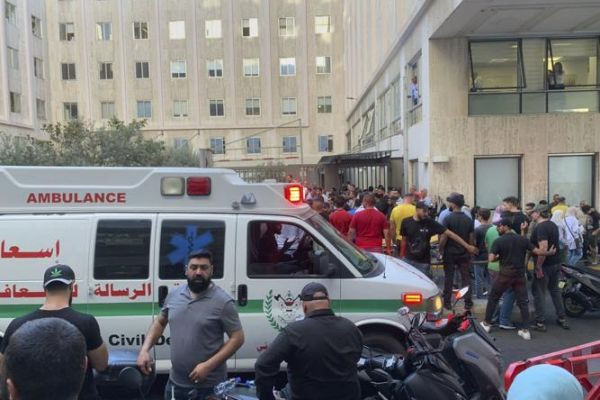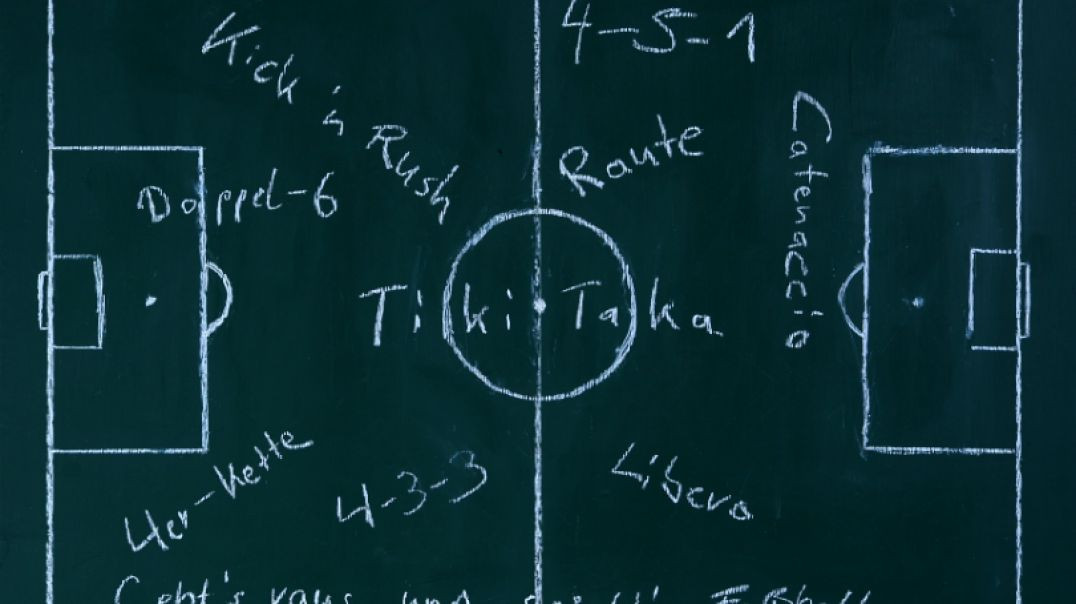Lebanon, a country that has already endured years of political instability, economic hardship, and sporadic violence, was once again plunged into chaos as a series of explosions rattled the nation. Just a day after coordinated attacks left citizens on edge, more explosive devices went off in various parts of the country, deepening the already palpable sense of fear and uncertainty. These latest attacks have raised urgent questions about security, political motivations, and Lebanon’s precarious future.
The Explosions: What Happened?
The most recent string of explosions occurred just 24 hours after a similar wave of attacks shook Lebanon. On the following day, September 12, 2024, multiple explosive devices detonated in high-profile areas, including Beirut, Tripoli, and other cities. Though not as deadly as the previous day's attacks, the explosions inflicted significant damage on property and sent shockwaves throughout the nation.
In Beirut, the capital and largest city of Lebanon, an explosive device went off near a busy shopping district, causing panic and forcing shops and businesses to shut down. Authorities quickly cordoned off the area, but the damage had already been done—both in terms of property destruction and the psychological toll on residents.
In Tripoli, Lebanon’s second-largest city, explosions were reported near government buildings, prompting heightened security measures and evacuations. These attacks seem to follow a calculated pattern of striking symbolic locations that represent the country’s already fragile state.

Immediate Impact on the Public
The Lebanese public, already struggling under the weight of a failing economy, widespread poverty, and political corruption, has reacted with a mix of outrage, fear, and resignation. Many citizens took to social media to express their frustration with the government’s inability to provide adequate security and prevent these attacks. Others, however, are simply trying to keep their heads down, afraid that more violence is yet to come.
These recent events have reignited fears of a return to the dark days of Lebanon's civil war, which ravaged the country from 1975 to 1990. Although Lebanon has enjoyed relative peace since then, it has not been free from violence. Sporadic bombings and attacks have periodically shaken the nation, often tied to political or sectarian disputes.
“We have already been through so much. The war, the corruption, the economic collapse—now we have to worry about bombs in our cities again? It feels like there’s no end to our suffering,” said a Beirut resident who asked to remain anonymous.
The Role of Political Instability
Lebanon’s political landscape has long been a complex web of competing factions, sects, and interests. The government, which is built on a delicate power-sharing agreement among the country's various religious groups, has struggled to maintain stability. Years of political paralysis and infighting have weakened the state's ability to address both domestic and international challenges.
This political fragility has created a vacuum that extremist groups and rogue elements have exploited. While no group has officially claimed responsibility for the recent wave of explosions, suspicions have been raised about various factions with political or sectarian motives. In a country where tensions between Sunni, Shia, and Christian groups often dictate the political agenda, these attacks could be a grim sign of escalating sectarian conflict.
Lebanon has also been a battleground for proxy wars, with foreign powers such as Iran, Saudi Arabia, and Israel playing roles in shaping the country’s internal politics. The influence of Hezbollah, a militant Shia group backed by Iran, has added another layer of complexity to Lebanon’s already tangled political scene. Some analysts speculate that these attacks may be part of an effort to destabilize the country further, allowing certain factions to strengthen their grip on power.
Security Concerns and Government Response
The Lebanese government, already struggling to maintain control, has been quick to condemn the attacks and assure the public that security forces are doing everything possible to prevent further violence. In a televised address, Prime Minister Najib Mikati called for calm and unity, urging citizens not to succumb to fear. He also announced that additional security measures would be put in place to safeguard high-risk areas.
“We will not let these cowardly acts of violence destroy our country. Our security forces are working around the clock to protect our citizens, and we will bring those responsible to justice,” Mikati said in his address.
However, many Lebanese citizens remain skeptical of the government’s ability to handle the situation. Over the years, successive governments have been accused of corruption, incompetence, and failure to deliver basic services to the people. For many, the explosions are yet another indication of a system that is incapable of protecting its citizens.
“We don’t trust the government anymore. They say they’ll protect us, but where were they when these bombs went off? They’re more concerned with their own power struggles than with the lives of ordinary people,” said a Tripoli resident.
The Lebanese military and intelligence services are now under immense pressure to identify those responsible for the attacks and prevent further violence. Investigations are ongoing, but given Lebanon’s track record of political interference and a lack of accountability, many fear that these efforts will ultimately fall short.
International Reactions and Geopolitical Implications
The international community has expressed concern over the deteriorating security situation in Lebanon. Countries with a vested interest in Lebanon’s stability, including France and the United States, have condemned the attacks and called for restraint from all factions.
The United Nations has also weighed in, urging Lebanese leaders to come together to find a peaceful resolution to the crisis. The UN’s Special Coordinator for Lebanon, Joanna Wronecka, stressed the importance of maintaining dialogue between Lebanon’s various political groups to prevent further violence.
“These attacks threaten not only Lebanon’s internal stability but also the broader regional balance. It is essential that all parties work together to ensure that Lebanon does not descend into further chaos,” Wronecka said in a statement.
The explosions also have significant geopolitical implications, particularly in the context of Lebanon’s fragile relationship with its neighbors. Israel, which shares a tense border with Lebanon, has increased its military presence along the frontier, citing concerns over potential spillover violence. Hezbollah, which maintains a strong military presence in southern Lebanon, has also been on high alert, raising the specter of a larger conflict involving multiple actors.
A Nation on the Brink
Lebanon's latest string of explosions is not just a security crisis; it is a reflection of a nation on the brink of collapse. Years of corruption, economic mismanagement, and political dysfunction have left the country in a precarious position, vulnerable to both internal and external threats.
The Lebanese people, resilient as they are, face an uncertain future. With each new attack, the fabric of the nation is stretched thinner, and the possibility of a return to widespread violence looms larger. For now, Lebanon waits anxiously for answers—answers that may take a long time to come, if they ever come at all.
Looking Ahead: What Needs to Be Done?
For Lebanon to navigate its way out of this crisis, several steps are necessary. First and foremost, the government must take immediate action to strengthen security measures and restore public confidence. This includes not only preventing further attacks but also holding those responsible accountable.
Second, Lebanon’s political factions must come together to address the root causes of the country’s instability. As long as sectarian divides and political corruption persist, Lebanon will remain vulnerable to violence and outside interference.
Finally, the international community must play a more active role in supporting Lebanon’s stability, whether through diplomatic efforts, financial aid, or peacekeeping initiatives. The stakes are high—not just for Lebanon, but for the entire Middle East.
In the meantime, the Lebanese people must once again summon the strength to endure. Despite everything, they have always managed to rebuild and persevere. But as the explosions continue, one thing is clear: Lebanon cannot afford to wait much longer for peace.



